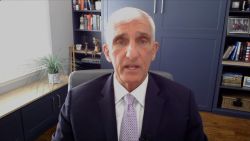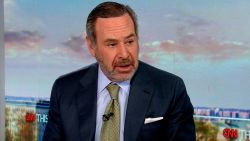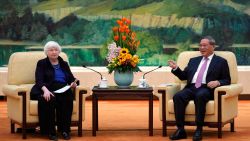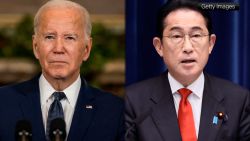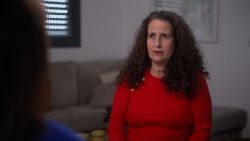It’s one of those stories you couldn’t make up – except someone did. It said the German government gives migrants free coupons for prostitutes, and the Greek government could follow suit.
Or at least, that was the claim made by one Greek nationalist politician and TV personality, Kyriakos Velopoulos, who in February said on his current affairs show that migrants in Germany are given “free vouchers to brothels so they don’t rape the natives.”
The assertion has been around for decades with similar claims about Germany and Austria also appearing online. For the record, none of these countries are giving sex coupons to migrants.
Ahead of the European Parliamentary elections later this month, analysts who study social media content say some populist politicians are capitalizing on voter misconceptions about the EU, to push misinformation on hot button issues like immigration.
Populist figures meanwhile, say open and critical debate about different cultures is being sacrificed at the altar of political correctness.
With populist parties tipped to make big gains in the upcoming election, fact-checkers from across the continent are now combining forces to debunk the tide of political misinformation.
We spoke to some of them about their most startling stories – and what they reveal about the issues dividing nations.
Sex vouchers in Greece
Velopoulos, the founder of the Christian nationalist Greek Solution party, is known by Greeks for his inflammatory style and his comments in March were no exception. “In Germany, the Syrian or the Afghan migrant goes, gets a coupon twice a week, goes to the brothel, does the work and leaves,” he told audiences on the Alert TV channel he appears on.
“This is the Europe I don’t like,” said Velopoulos, whose Greek Solution party currently does not have any seats in the European Parliament.
He warned that “in a short while, let’s say in 2021,” Greeks “might see” their government also giving migrants “free vouchers to go to the brothels of Omonia Square” in the capital Athens.
“And even that will be paid by the Greek citizens.”
CNN reached out to Velopoulos but he had not replied at time of publishing.
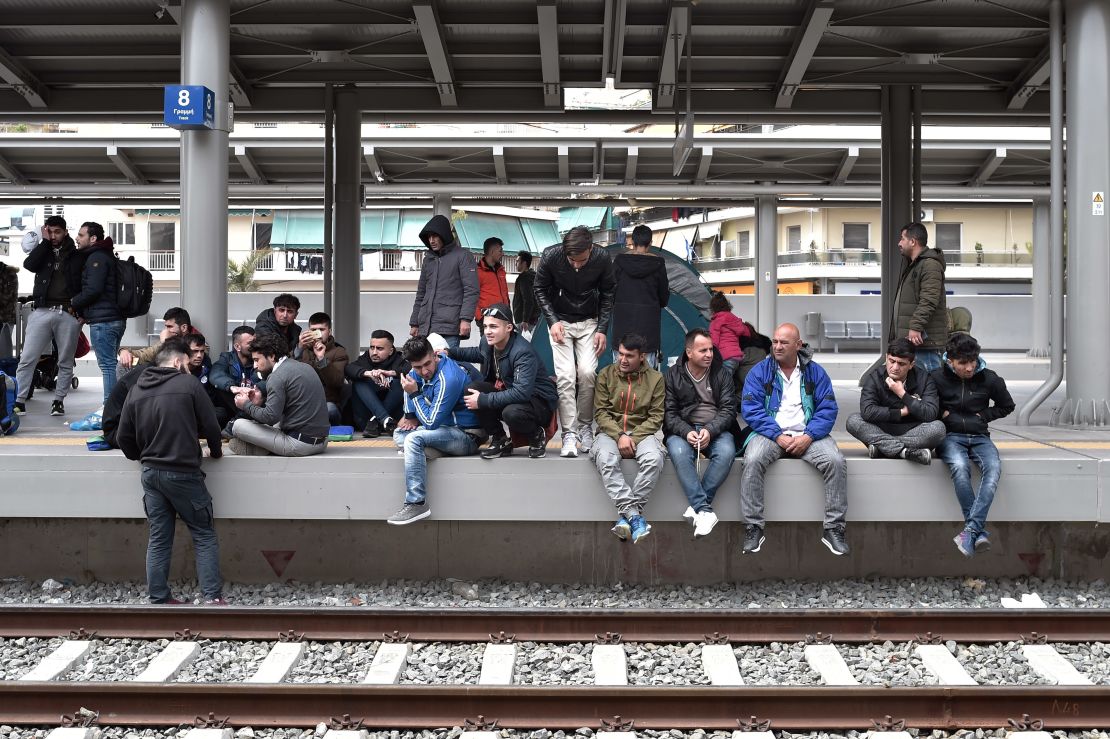
Velopoulos’ comments come as Greece emerges from nearly 10 years of austerity, where “populist politicians taking advantage of the continuing hardship still manage to get lots of traction among voters,” said journalist Thanos Sitistas Epachtitis, who originally debunked Velopoulos’ comments on the news site Ellinka Hoaxes.
The article is one of dozens featured on Fact Check EU, an independent project pulling together fact-checking reports from 19 media outlets across Europe. The outlets, including France’s Le Monde and Ireland’s The Journal, are all signatories of the International Fact-Checking Network.
Even though the sex coupon story is made-up, it “does try to exploit, manipulate and exacerbate the existing anti-immigrant sentiment in Greece,” said Lamprini Rori, a lecturer in politics at the University of Exeter and spokeswoman at the academic network Greek Politics Specialist Group.
She pointed to a 2018 poll by independent research and policy institute Dianeosis, that found just over 72% of Greeks believe there’s more crime because of the increase in migrants. The 2010 Greek financial crisis, coupled with an abrupt increase in refugees, had created “a poisonous cocktail for anti-immigrant sentiments,” said Rori.
Germany, which adopted a pro-immigrant stance following the 2015 refugee crisis and oversaw Greece’s financial bailout and austerity measures, has become a convenient “scapegoat” in these kinds of stories, said Rori.
The brothel story highlights another issue troubling conservative Greeks – the perceived moral decay of Europe, said Epachtitis. Greeks “have very strong feelings about religion – in our case, Orthodox Christianity – and are willing to listen to those politicians that promise to preserve it,” he added.
As for Velopoulos’ political future, Greece is due to hold a general election by the end of October – where his party is predicted to take just 2% of the national vote, according to Politico.EU.
Homophobia in the Netherlands
In the Netherlands, populist politician Thierry Baudet has also perfected the fine art of an outrageous statement. But unlike Velopoulos, this has translated into big wins in the country’s March provincial elections, with his Euroskeptic Forum for Democracy, along with Prime Minister Mark Rutte’s party, gaining the most votes to become the joint biggest party.
In March, Baudet, who has been described as the “suave new face of Dutch rightwing populism,” blamed an increase in homophobia in the Netherlands on “uncontrolled immigration.”
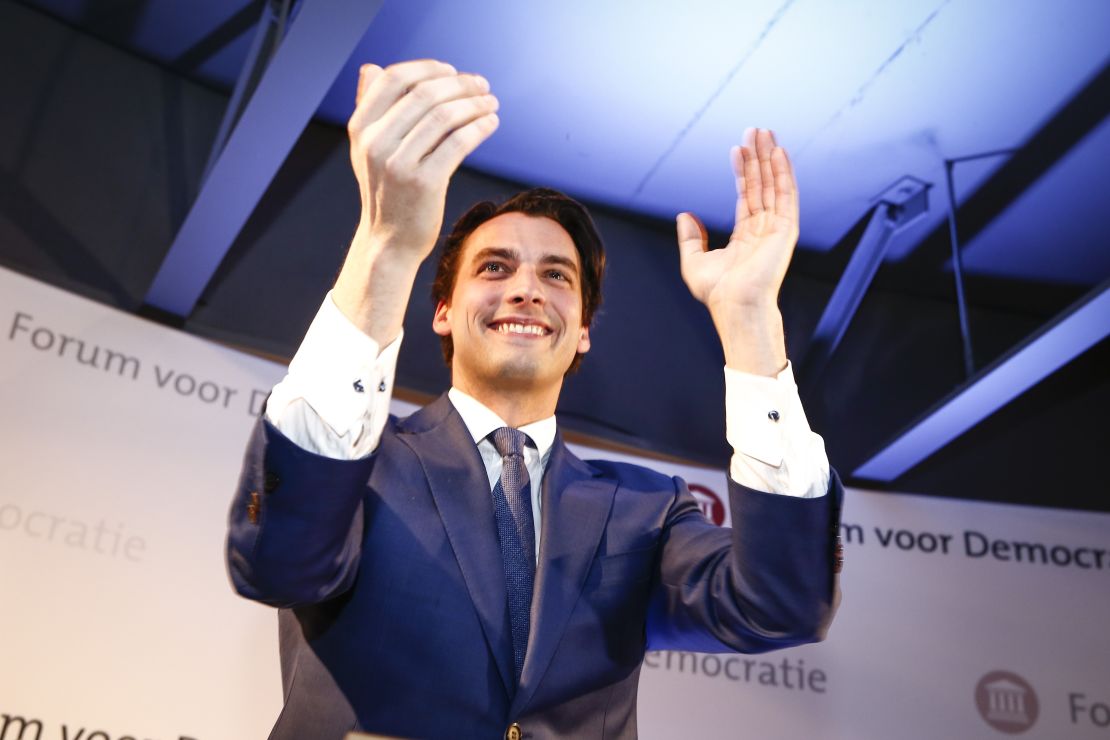
The claim was investigated by Eufactcheck.eu. The project, run by the European Journalism Training Association, is fact-checking political claims with the help of more than 150 students and staff from 20 journalism schools across Europe.
The group looked at several research reports but could find no data to support Baudet’s claims about immigration and increased homophobia.
After reviewing recent LGBT studies, they concluded Baudet’s remark that homophobia had increased in the Netherlands was “generally untrue.”
The group also cited a 2015 police study on homophobic crimes in the Netherlands that found 61.8% of homophobic crime suspects had Dutch nationality. The fact-checkers said the police did not differentiate between immigrant and non-immigrant suspects.
Baudet had not responded to CNN’s request for comment at time of publishing.
Baudet’s tweet pits the liberal attitudes of Dutch people – encapsulated in their acceptance of homosexuality – as under attack by immigration, said Claes de Vreese, Professor and Chair of Political Communication at the University of Amsterdam.
“Populists typically use strong rhetoric to create an image of a threatening outside group,” he said. De Vreese said Baudet’s claims were reminiscent of fellow far-right Dutch politician Geert Wilders, who “also appropriated ‘gay rights’ as ‘Dutch rights’ under threat from immigration.”
Populist parties in Netherlands have a strange balancing act – defending a country known for its tradition of tolerance, with an uncompromising stance on immigration.
The next test for Baudet is whether he can ride his wave of popularity all the way to success in the European elections.
Islam and free speech
“Criticism of Islam is forbidden!” said a Facebook post from Germany’s far-right AfD politician Martin Sichert in March. The post added that according to the European Court of Human Rights, the “protection of Islam is more important than freedom of expression in Europe.”
Sichert was referring to the case of Elisabeth Sabaditsch-Wolff, an Austrian political scientist who in 2009 gave a seminar on Islam in which she compared the Prophet Mohammed’s relationship with a child to pedophilia. The seminar in Vienna was promoted by Austria’s far-right Freedom Party (FPO).
Sabaditsch-Wolff was convicted by an Austrian court of disparaging religious doctrines and fined €480. She appealed several times, but the decision was eventually upheld by the European Court of Human Rights in 2018.
According to German research news site, CORRECTIV, the AfD politician’s Facebook comments were “grossly oversimplifying a complex issue.” The group’s investigation into Sichert’s claims was featured on the site Fact Check EU.
“It cannot be concluded from the judgment of the court that the ‘protection of Islam’ is more important than freedom of expression,” said CORRECTIV. “The judgment does not even contain the phrase, ‘protection of Islam,’” it added.
Sichert told CNN he “firmly stood by” his comments. In a lengthy statement, he said: “If we deny ourselves an open and critical debate about different religions or cultures, we are basically sacrificing our freedom of speech and expression on the altar of political correctness.
“It is not the Islam that is being criticized here,” said Sichert of his Facebook post. “But the politics and courts, who are failing to uphold and protect our fundamental rights – all in fear that this may be uncomfortable to some.”
The case sheds light on a bigger issue troubling many right-wing, and some centrist, voters in Germany, according to Werner Patzelt, a political analyst who has closely followed the rise of the right-wing movement. And that is “the feeling that all kind of criticism of Islam is forbidden under the flag of political correctness.”
The “EU itself does not exert any pressure of political correctness,” Patzelt added. But, he said, in the eyes of right-wing populists, the EU is nevertheless the “invented or felt enemy” because its policies hinder nation states’ abilities to protect themselves.
The AfD, once on the fringes of politics, is now the third-largest party in Germany following big gains at the 2017 election.
And within days, populist parties across the continent could take their national successes to a European level.
CNN’s Chris Liakos contributed to this report












